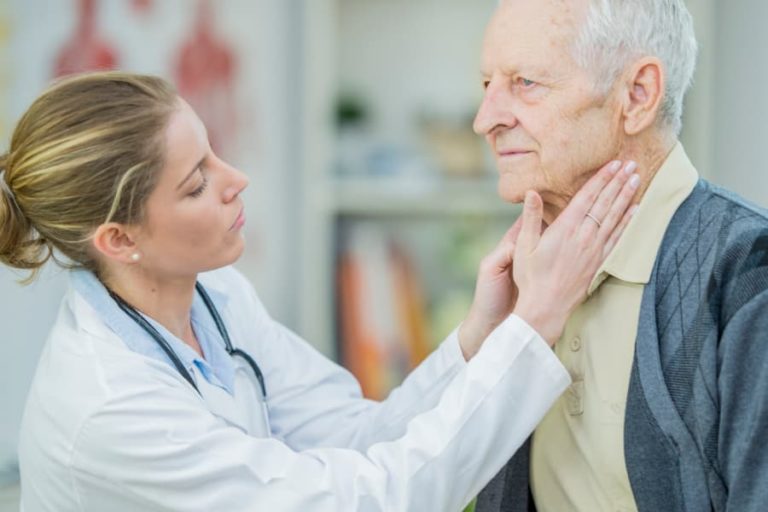
Six RCCA physicians among Top Doctors for Women’s Health
Being at the top of your game isn’t easy. It takes countless hours of work, dedication, compassion and a drive to be excellent. All of these traits and more can be used to describe Regional Cancer Care Associates, whose physicians are regularly recognized as among the top in their field.










